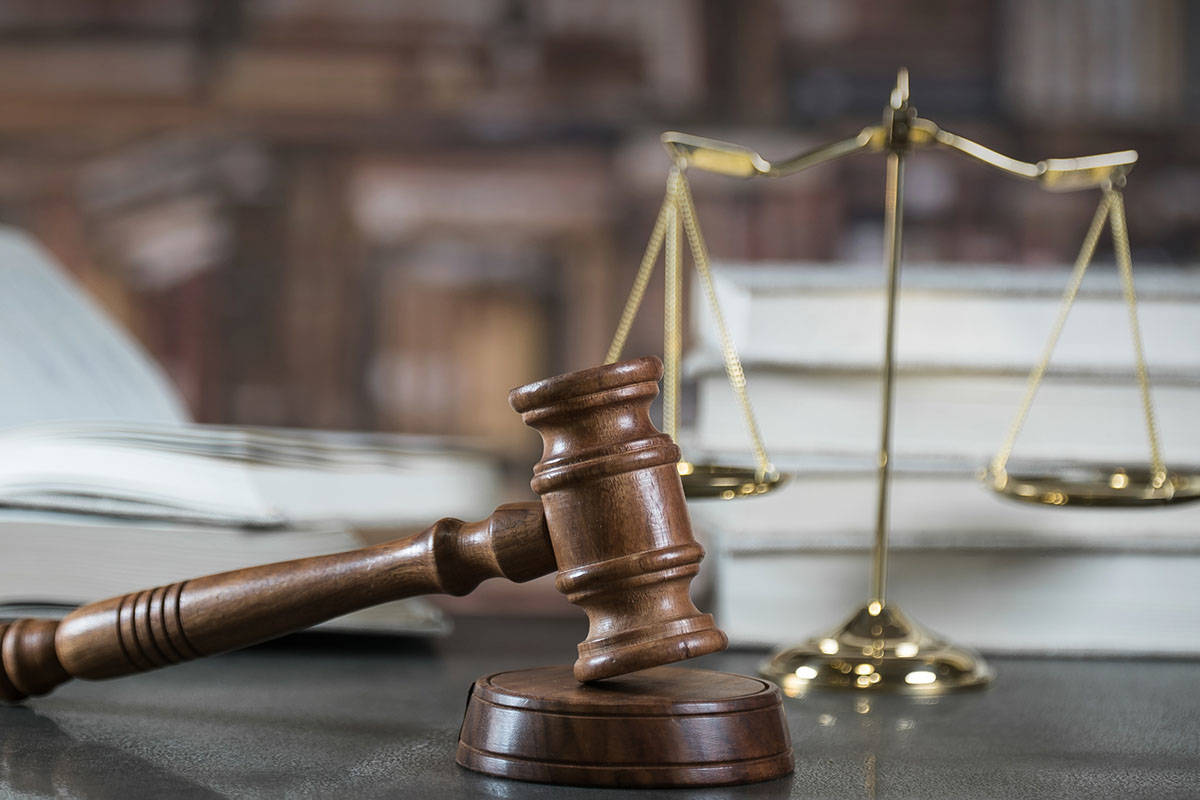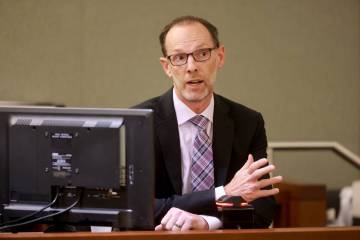EDITORIAL: More civil forfeiture abuses
The Fourth Amendment protects Americans against unreasonable searches and seizures. But that vital right and others have been under assault for decades by a law enforcement practice known as civil asset forfeiture, which allows government authorities to confiscate homes, cars, cash and other valuables from people who have never been charged with a crime.
A case in California serves as yet another reminder of why Congress needs to act to reform this affront to fairness, due process and private property rights.
In March, hundreds of people across Southern California discovered that the FBI had raided their private security boxes and taken their valuables. The raid targeted Beverly Hills-based U.S. Private Vaults, which had been indicted on federal charges. According to news accounts, federal law enforcement agents opened every private deposit box housed by the company, emptied them and took their contents — including more than $85 million in cash, precious metals, jewelry and other valuables.
Federal prosecutors haven’t accused the box owners of any criminal activity — nor told them why their assets were seized. But they have moved forward in court with the civil forfeiture process, which means that box owners may never get their property back.
Forbes magazine reports that the victims include one man who lost cash he received in an injury settlement he relied on to pay for expenses such as medical care. Another box owner lost cash and gold he stored at U.S. Private Vaults instead of at his often-vacated home. One couple was able to retrieve silver stored as a retirement nest egg, as well as a parent’s will, some family heirlooms, some old hard drives and some other items, but the process took months.
The Institute for Justice, a public-interest law firm in Arlington, Va., has filed a class-action lawsuit to halt the proceedings. Last month, a federal judge issued a temporary restraining order against the government.
It is not illegal to possess large amounts of cash or valuables unless the currency and items were obtained through criminal activity. It is also not illegal to seek financial anonymity.
As the IJ’s Robert Frommer pointed out in the Orange County Register, when people rented out security boxes at U.S. Private Vaults, the boxes became their property. Not only did they have a right to store legal items in them, they should be legally protected from having them broken into and their contents seized.
Under civil forfeiture, property owners must prove their innocence instead of the government having to prove their guilt. This stands the notion of justice on its head and invites obvious abuses. No American should have his or her property seized by the state absent a criminal conviction.
Many states, including Nevada, have enacted modest reforms to forfeiture laws, but Congress should also act. The Fifth Amendment Integrity Restoration Act would go a long way toward ending the types of injustices experienced by those unfortunate California safe deposit box owners.




























